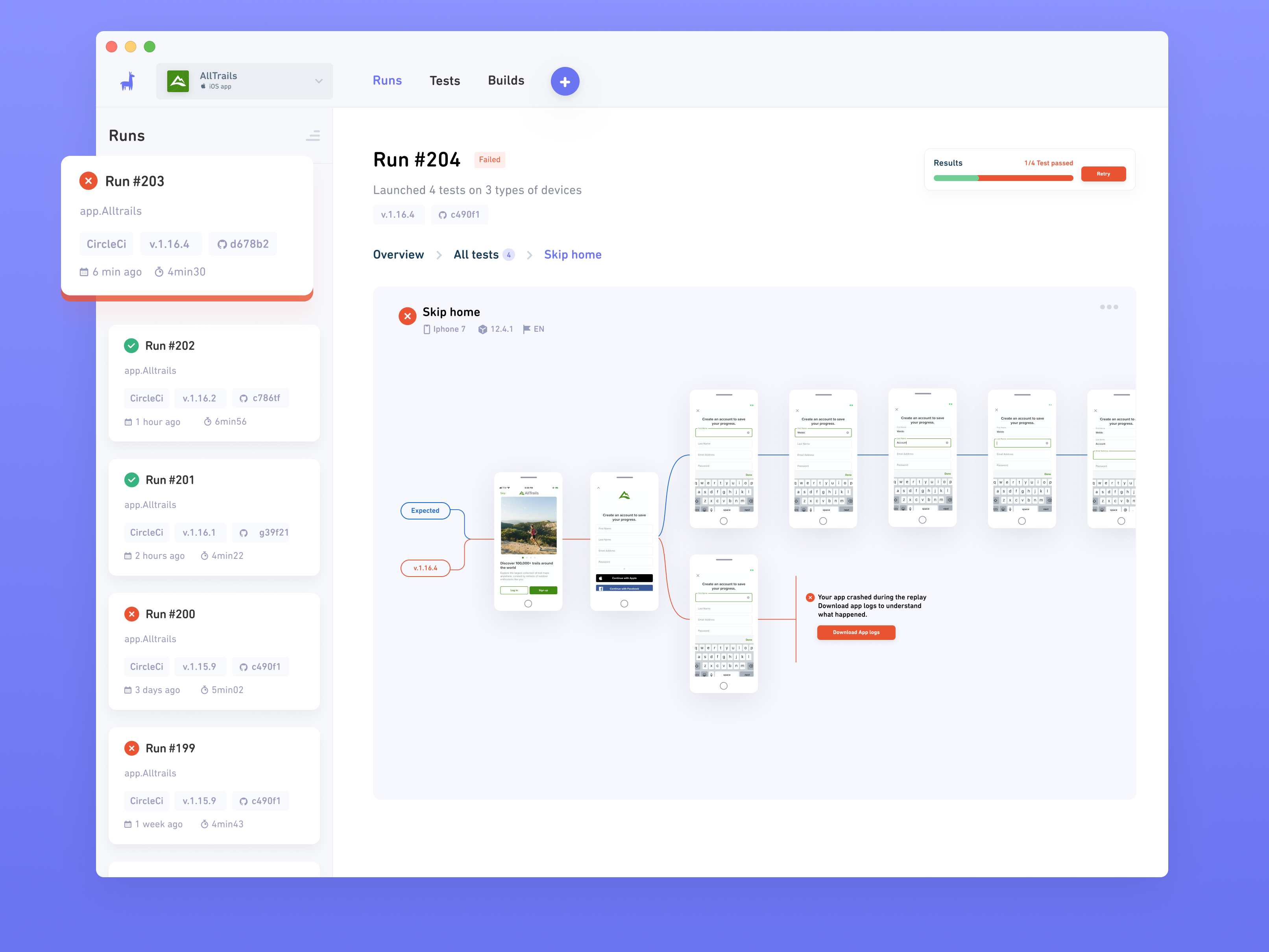Boston-based startup Activ Surgical has raised a $15 million round of venture funding led by ARTIS Ventures, and including participation from LRVHealth, DNS Capital, GreatPoint Ventures, Tao Capital Partners and Rising Tide VC. The round will help Activ continue to develop and expand availability of its software platform, which it launched to market in May.
Activ Surgical’s ActivEdge platform uses data collected from surgical implements outfitted with sensors created by the company to collect real-time data during the actual surgical process. That data is then used to inform the development of machine learning and AI-based visualizations that can provide guidance to surgeons and surgical systems to help them reduce the occurrence of potential errors, and ultimately improve outcomes for patients.
The company’s primary aim is to bring technological innovation to the sphere of surgical vision, which still relies primarily on methods like using fluorescent dyes that date back more than 70 years. Activ wants to use computer vision to provide real-time visual insight into things that surgeons wouldn’t be able to see on their own — and ultimately to use those insights to power the next generation of both collaborative surgical robots and eventually even fully autonomous robotic surgical procedures.
ActivSight is the company’s first product in its ActivEdge platform offering, and is a small, connected imaging coddle that can be attached to existing laparoscopic and arthroscopic surgical instruments. The company is currently tracking toward getting their hardware cleared by the FDA for use by Q4 this year, and are working with eight hospital partners for pilot projects in the U.S.
The company has raised a total of $32 million in funding to date.
Powered by WPeMatico


